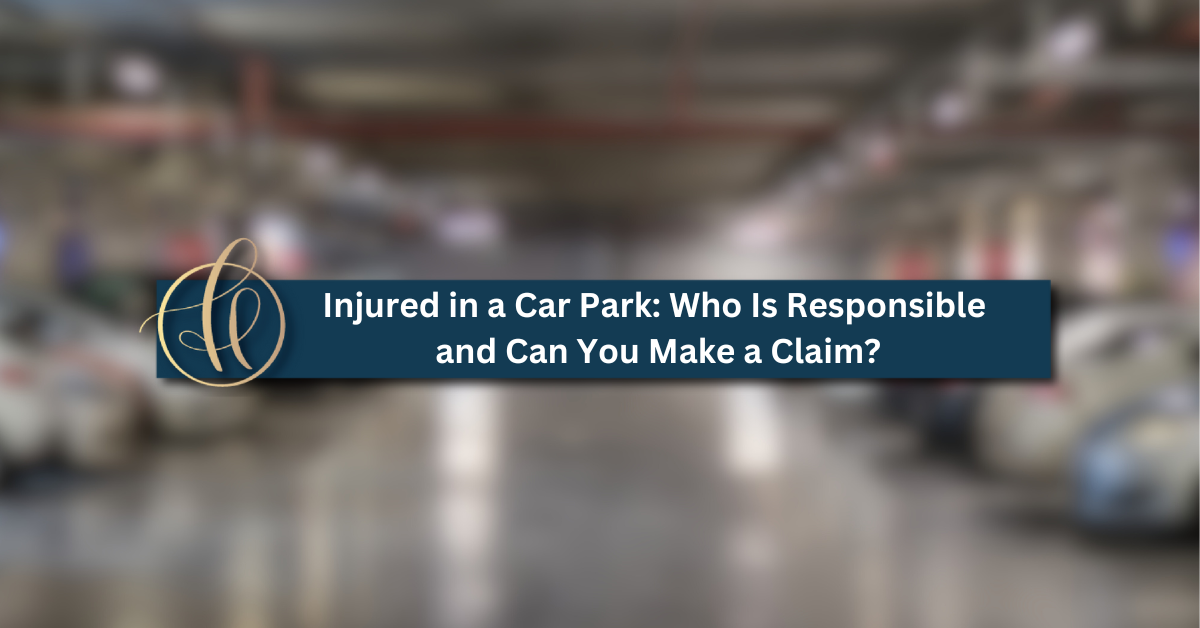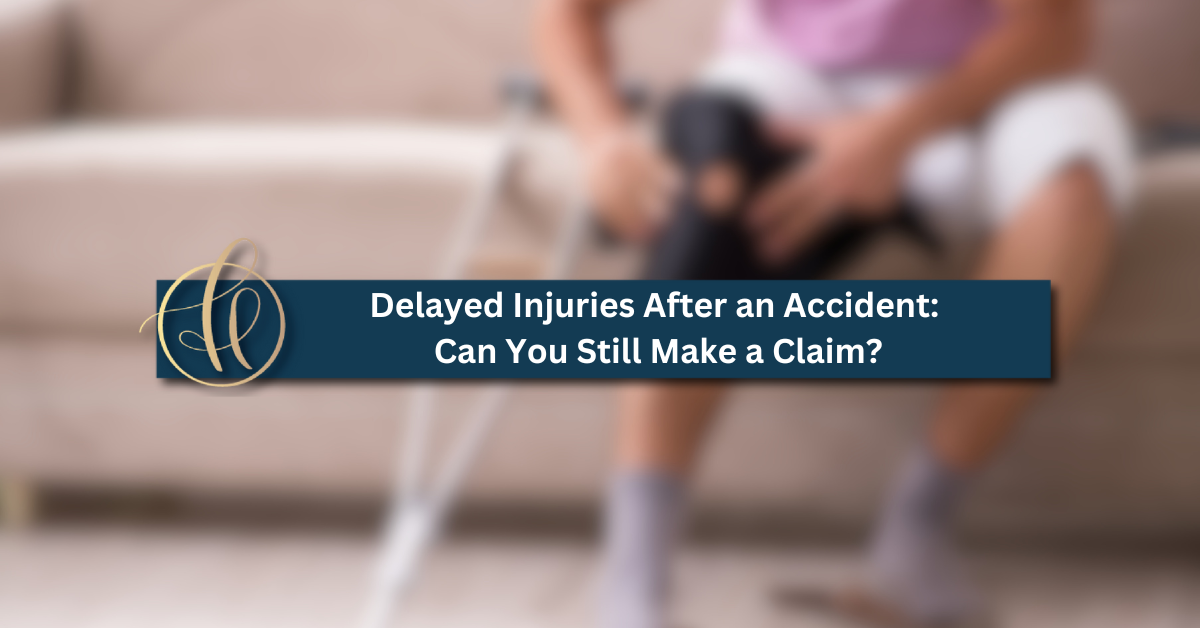Injured in a Car Park: Who Is Responsible and Can You Make a Claim?
Car parks, whether at supermarkets, shopping centres, office blocks or apartment complexes are often overlooked as accident hotspots. But the truth is, accidents in car parks are surprisingly common, and the injuries they cause can be just as serious as those sustained on the road or at work.
So, if you’ve slipped on a wet surface, tripped on uneven paving, or been hit by a vehicle in a car park, what are your rights?
At Martin A. Harvey & Co. Solicitors, we’ve represented many clients in personal injury claims arising from car park incidents across Ireland. Here’s what you need to know.
Types of Car Park Accidents
Accidents in car parks can take many forms, such as:
- Slip and fall on wet or icy surfaces, oil spills, or moss-covered walkways
- Trip and fall on broken kerbing, uneven surfaces, or unmarked hazards
- Vehicle collisions, often at low speeds but still capable of causing injury
- Pedestrian impacts where a moving car strikes a person walking to or from their vehicle
- Falling objects such as unsecured signage or debris in multi-storey car parks
Even if the accident seems minor at first, injuries can be long-lasting, particularly whiplash, back strain, or head trauma from falls.
Who Is Liable for Car Park Injuries?
This is often the most confusing part for clients: who is legally responsible?
Liability may fall on:
- The owner or occupier of the car park (e.g. a retail chain, private landlord, local authority)
- A third-party contractor responsible for maintenance, lighting or cleaning
- Another driver, if the injury was caused by a moving vehicle
Under Irish law, property occupiers have a duty of care to visitors, which includes keeping the premises safe and well-maintained. This duty is outlined under the Occupiers’ Liability Act 1995.
If they fail to keep the car park safe, for example, by not gritting ice, failing to repair damaged surfaces, or not warning of hazards, they may be held liable for injuries caused.
Proving Negligence in a Car Park Claim
To bring a successful claim, you’ll need to prove that:
- The party in control of the premises owed you a duty of care
- That duty was breached through action or inaction
- You suffered injury as a direct result of that breach
At Martin A. Harvey & Co., we help clients gather the necessary evidence, which may include:
- CCTV footage (where available)
- Photos of the scene
- Witness statements
- Maintenance records (if accessible)
- Medical reports
The sooner you act, the easier it is to preserve this evidence.
What Should You Do After a Car Park Injury?
If you’re injured in a car park, take the following steps as soon as possible:
- Seek medical attention even if the injury seems minor
- Report the accident to the car park manager or business
- Take photos of the hazard and surrounding area
- Get contact details for any witnesses
- Keep receipts for any related expenses (travel, medication, physio)
- Speak to a solicitor to assess if you have a claim
Timing is key. You generally have two years to make a personal injury claim in Ireland, but exceptions may apply, especially in cases involving minors.
Can You Claim Compensation
Yes. If your injury was caused by someone else’s negligence, you may be entitled to claim compensation for:
- Pain and suffering
- Medical expenses
- Loss of earnings
- Travel costs
- Future care or rehabilitation needs
Your claim will typically begin with the Personal Injuries Assessment Board (PIAB). Our team will handle this process on your behalf and advise you on whether to accept or reject PIAB’s assessment.
Learn more about how the PIAB process works here.
Why Choose Martin A. Harvey & Co. for Your Claim?
We’ve been helping clients across Cork and Ireland with personal injury claims since 1936. Our approach is:
- Experienced: Deep knowledge of occupiers’ liability and PIAB procedure
- Client-focused: We keep you informed and supported every step of the way
- Results-driven: Our aim is always to achieve the best possible outcome for you
Injured in a Car Park? Talk to Us Today
Don’t wait until it’s too late. If you’ve been hurt in a car park accident, whether by slipping, tripping, or being struck by a vehicle, we can help you understand your rights and take action.
📞 Contact Martin A. Harvey & Co. Solicitors today to arrange a confidential consultation with an experienced personal injury solicitor.
We’ll explain your options, handle the legal process, and work to secure the compensation you deserve.


